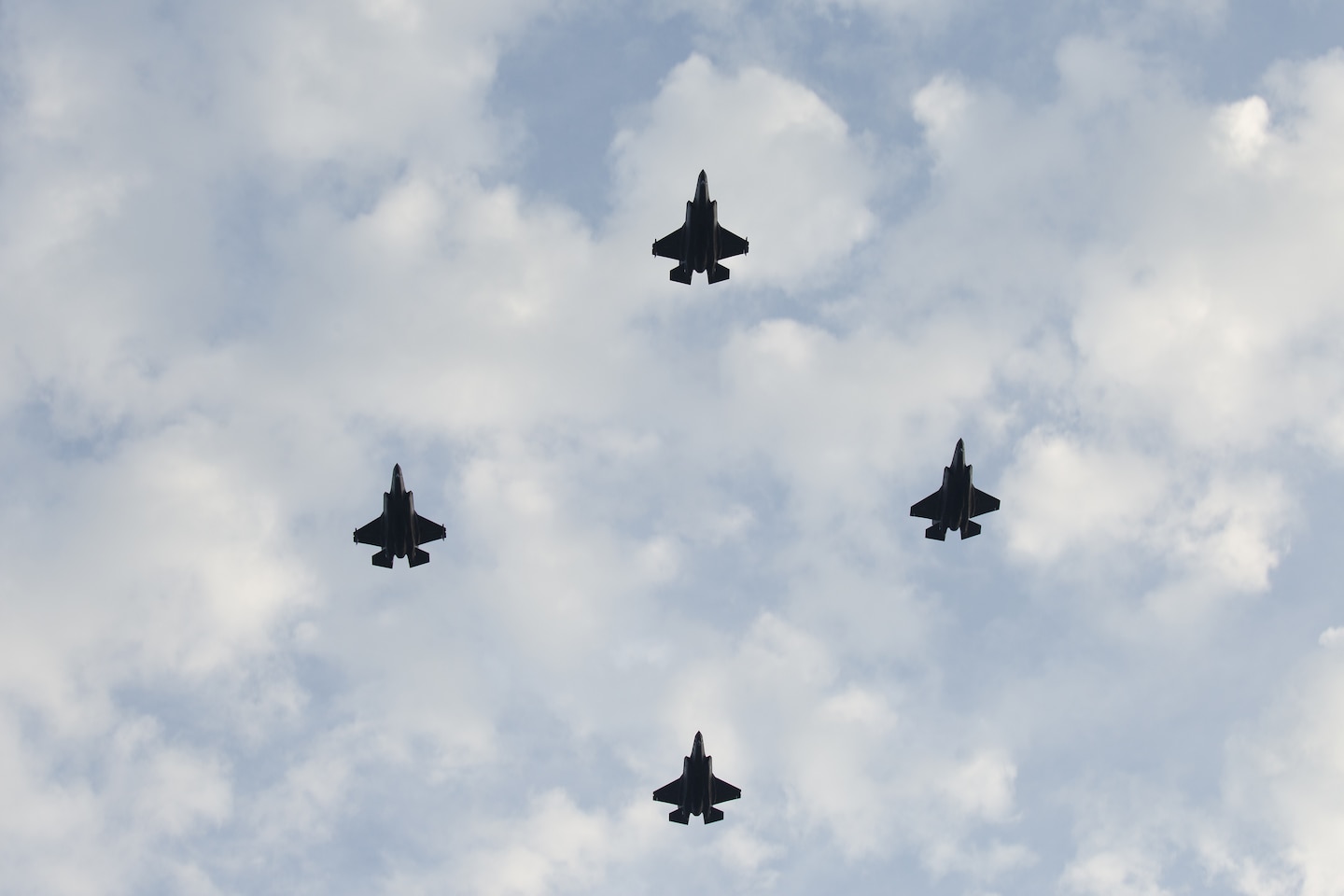China sanctions Lockheed Martin over Taiwan arms sales, but impact is minimal

“China is firmly opposed to U.S. arms sales to Taiwan,” Foreign Ministry spokesman Zhao Lijian told reporters Tuesday. “We urge the United States to earnestly abide by the one-China principle and the provisions under the three China-U.S. joint communiques, stop arms sales to Taiwan and sever military ties with Taiwan, to avoid further undermining China-U.S. relations as well as peace and stability across the Taiwan Strait.”
Beijing considers Taiwan, which has never been part of the Communist-led People’s Republic of China, to be a breakaway province. China views Washington’s efforts to arm Taiwan as attempts to undermine Chinese sovereignty and national security.
While Washington recognizes that Beijing has a “one-China” policy, it continues to support democratic Taiwan and to help the island defend itself against China, which is vastly bigger and better equipped.
The State Department last week said it had approved a $620 million deal so that Taiwan could refurbish its Patriot surface-to-air, or PAC-3, missiles and extend their operational life to 30 years.
“This proposed sale serves U.S. national, economic and security interests by supporting the recipient’s continuing efforts to modernize its armed forces and to maintain a credible defensive capability,” the department said.
This prompted Tuesday’s announcement from Beijing. “We will impose sanctions on the main contractor of this arms sale: Lockheed Martin,” Zhao said.
It is not clear what kind of impact, if any, China’s action would have on Lockheed Martin.
The United States has had an arms embargo on China since 1989, when the Chinese military was involved in a brutal crackdown on people calling for democracy. Since then, U.S. military manufacturers have been heavily constrained in what business they can do with China.
Lockheed Martin does not appear to have much in the way of operations in China. The company generated 9.7 percent of its revenue in the Asia-Pacific region last year, according to data compiled by Bloomberg, almost all of it with U.S. allies and partners such as Japan, South Korea and Singapore.
Some analysts have estimated that China represents 2 percent of the company’s revenue. Lockheed Martin subsidiary Sikorsky is involved in a joint venture called Shanghai Sikorsky Aircraft Company, a civilian helicopter company.
“Foreign Military Sales are government-to-government transactions and we work closely with the U.S. government on any military sales to international customers. Discussions about sales to foreign governments are best addressed by the U.S. government,” Lockheed Martin said in a statement Tuesday.
On its website, Lockheed Martin says Taiwan’s air force “has defended its skies with Lockheed Martin products” for the past 30 years. These include radar equipment, fly-by-wire advanced fighters and other military aircraft.
China last year threatened to sanction American companies involved in arms sales to Taiwan, including Lockheed Martin, when the Trump administration announced a plan to sell $8 billion worth of 66 F-16V fighter jets to Taiwan.
But in a broader climate of intense hostility over matters ranging from trade and technology to human rights and the origins of the coronavirus, China is using its available tools to signal its displeasure.
Just a day earlier, the Foreign Ministry announced sanctions on four U.S. officials for “interfering in China’s internal affairs” through their condemnation of Beijing’s human rights abuses in the country’s Xinjiang region.
The four are Republican Sens. Marco Rubio (Fla.) and Ted Cruz (Tex.); Sam Brownback, the Trump administration’s ambassador for international religious freedom; and Rep. Christopher H. Smith (R-N.J.).
No details were disclosed on what the sanctions would involve, but the move comes days after the Trump administration banned three Chinese officials from visiting the United States and froze any U.S. assets they might have.






